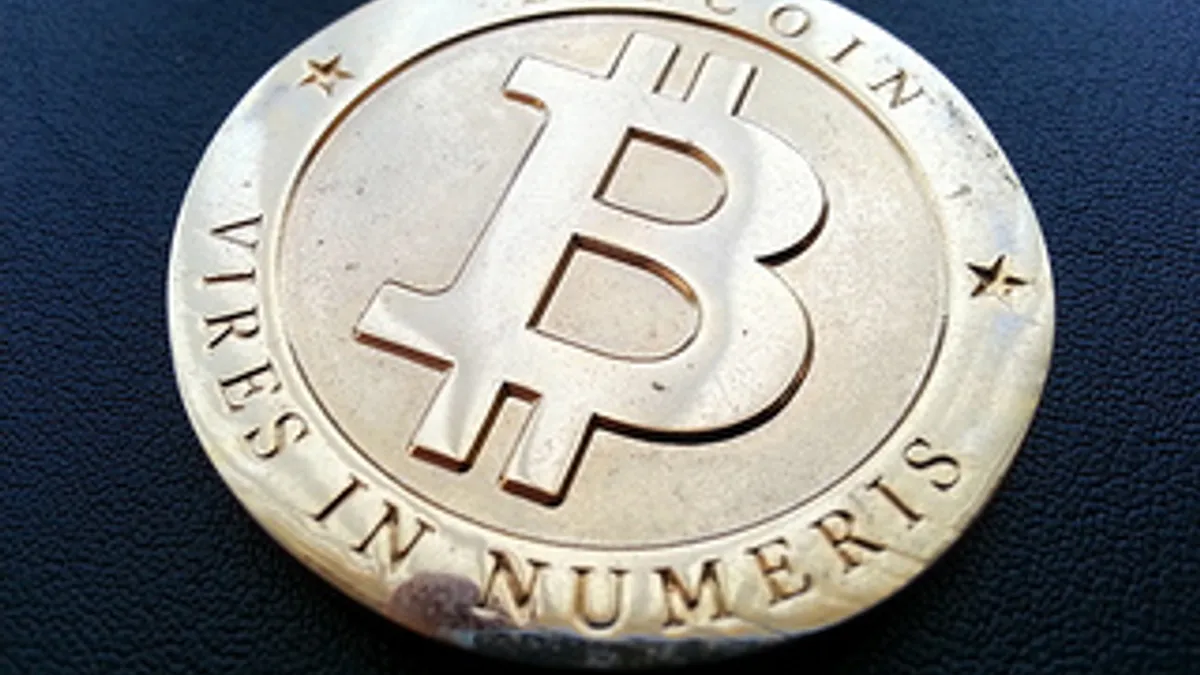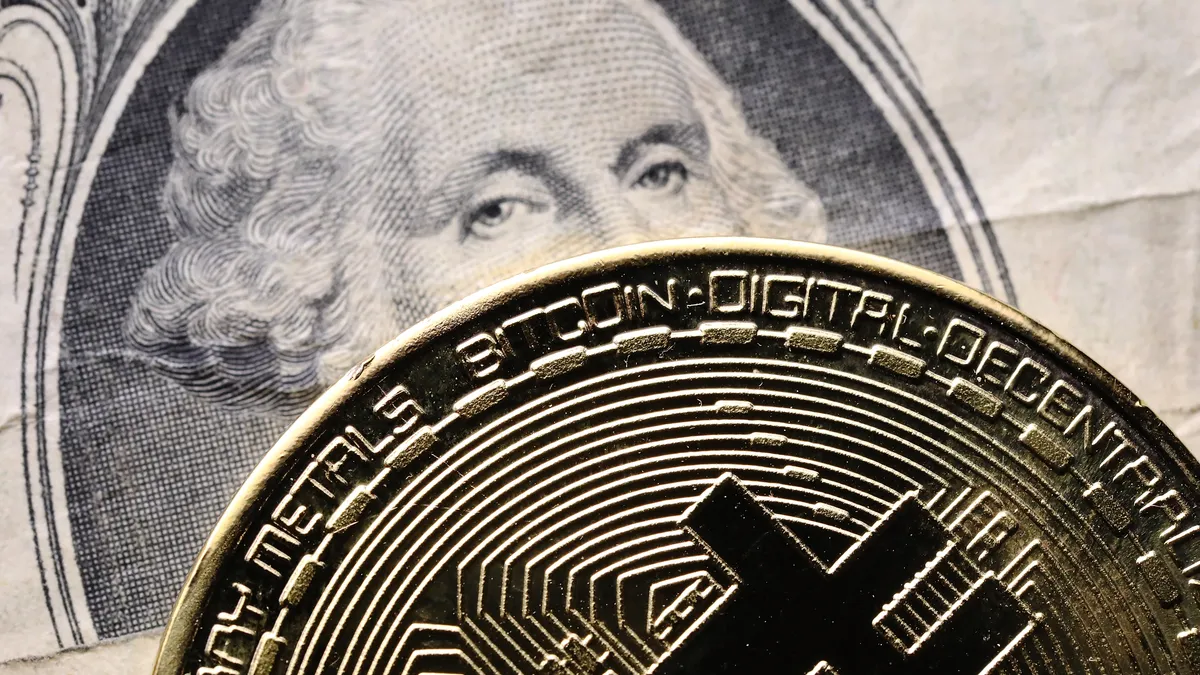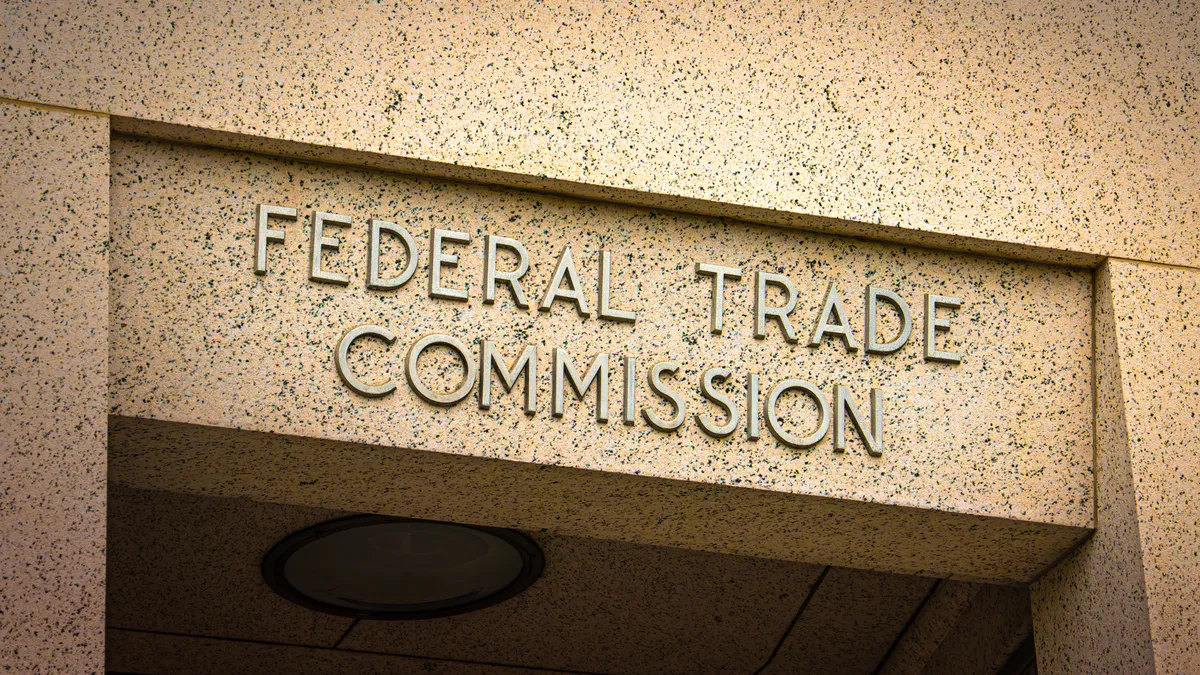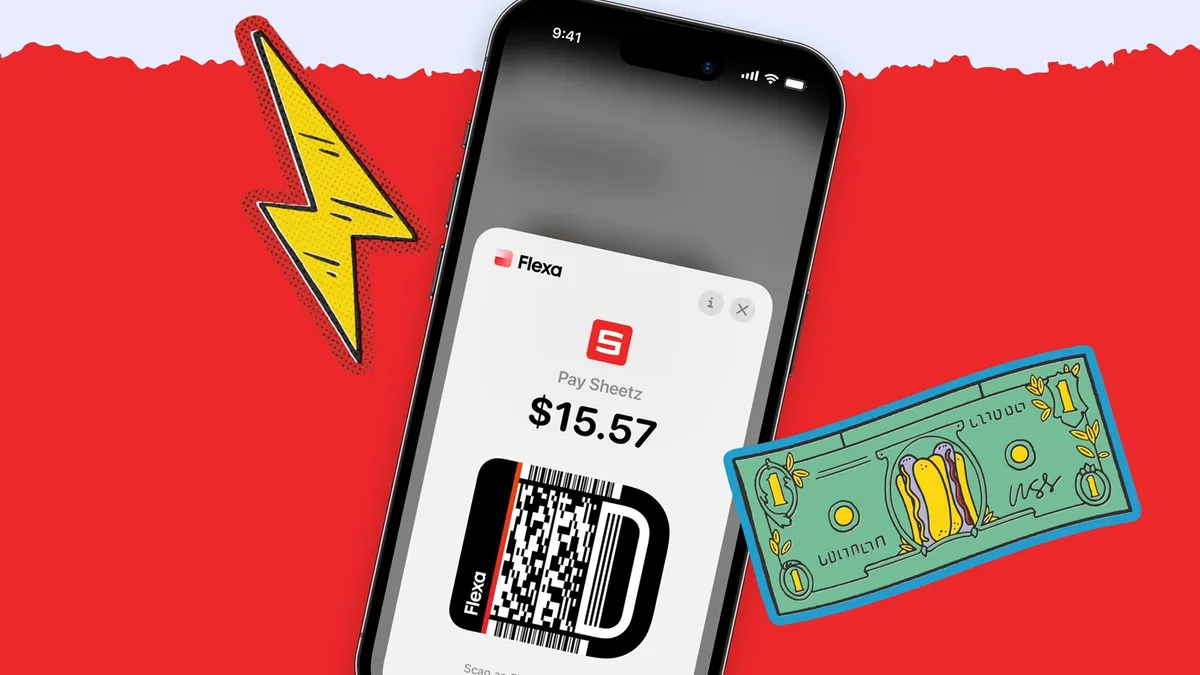What a difference a year makes.
Goldman Sachs restarted its cryptocurrency trading desk, Reuters reported Monday, and will begin offering Bitcoin futures and other products by mid-March, according to Bloomberg.
The bank first launched the desk in 2018, then halted it later that year as Bitcoin prices fell 80% from their 2017 spike. The value of Bitcoin has jumped nearly sixfold in the past year. It stood above $50,000 at midday Wednesday, compared with $8,865 a year ago. But in that time, it dipped to $4,107 as the coronavirus pandemic began and reached a high of more than $58,330 on Feb. 21 before resettling over the past 10 days.
It's that volatility that prompted Goldman to label cryptocurrencies unsuitable investments for the bank's clients, according to a May 2020 report from the bank on the state of the economy.
Bitcoin enthusiasts had speculated a week earlier that the bank might endorse crypto in the report, published two weeks after competitor JPMorgan Chase announced it had begun extending banking services to crypto exchanges Coinbase and Gemini.
JPMorgan itself was once a Bitcoin detractor — at least at the top echelons of the company. As recently as 2017, the bank's CEO, Jamie Dimon, called the token "a fraud" and said he would fire "in a second" anyone at JPMorgan found to be trading in it.
"You can't have a business where people can invent a currency out of thin air and think that people who are buying it are really smart," Dimon said then, according to The Guardian.
Goldman's 2020 report espoused a similar opinion. "We believe that a security whose appreciation is primarily dependent on whether someone is willing to pay a higher price for it is not a suitable investment for our clients," the bank wrote in May. "We do not recommend Bitcoin on a strategic or tactical basis for clients' investment portfolios even though its volatility might lend itself to momentum oriented traders."
However, regulator and industry perception of crypto has shifted over the past year. The Office of the Comptroller of the Currency (OCC) in July issued guidance specifying that national banks could provide cryptocurrency custody services and hold unique cryptographic "keys" associated with cryptocurrency on behalf of customers.
That may have spurred BNY Mellon last month to commit to holding, transferring and issuing cryptocurrencies on behalf of its asset-management clients, and forming a digital assets unit set to debut this year. Mastercard a day earlier said it would allow cardholders to transact in cryptocurrencies on its network. And payments company PayPal has discussed acquiring Curv, a crypto storage startup, Bloomberg reported Tuesday.
Goldman now has also issued a request for information to explore digital asset custody and is looking into a Bitcoin exchange-traded fund, Reuters reported Monday. As it stands, the crypto trading desk would be couched in the bank's global markets division, the wire service reported.
Bank reports, too, have taken a less cynical tone on crypto in 2021. Citi on Monday said it thinks Bitcoin is at a "tipping point" and could one day "become the currency of choice for international trade," according to CNBC.
"Bitcoin's future is ... still uncertain, but developments in the near term are likely to prove decisive as the currency balances at the tipping point of mainstream acceptance or a speculative implosion," the bank said in a report.
Concerns surrounding "capital efficiency, insurance and custody, security, and [environmental, social and governance] considerations from Bitcoin mining" may limit the token's widespread adoption, but "the entrance of institutional investors has sparked confidence in cryptocurrency," Citi wrote.
But not everyone is convinced of Bitcoin's viability. New York Attorney General Letitia James, warned investors Monday to use "extreme caution" when buying cryptocurrencies, citing the market's susceptibility to "speculative bubbles" and scams. James issued a separate warning that brokers, dealers, salespeople and investment advisers could face "civil and criminal liability" if they fail to register with the state when dealing in virtual currencies.
The state last week wrapped its multiyear probe into allegations that crypto exchange Bitfinex and the stablecoin Tether hid the loss of about $850 million in client funds and lied about their reserves.
"Cryptocurrencies are high-risk, unstable investments that could result in devastating losses just as quickly as they can provide gains," James said Monday in an investor alert. "The recent dramatic run-up in price of virtual currencies (especially bitcoin) promises the lure of unrealistic returns and has opened the door for con artists and cheats."
However, Eric Turner, director of research at the crypto data firm Messari, said James's statements will "scare people" instead of "genuinely educating them about cryptoassets," according to Bloomberg.
"Crypto is becoming a multitrillion-dollar space and creating high-paying jobs around the world," Turner said. "If New York continues to treat the industry with unreasonable hostility, you'll see all of this opportunity pass the state by."





















